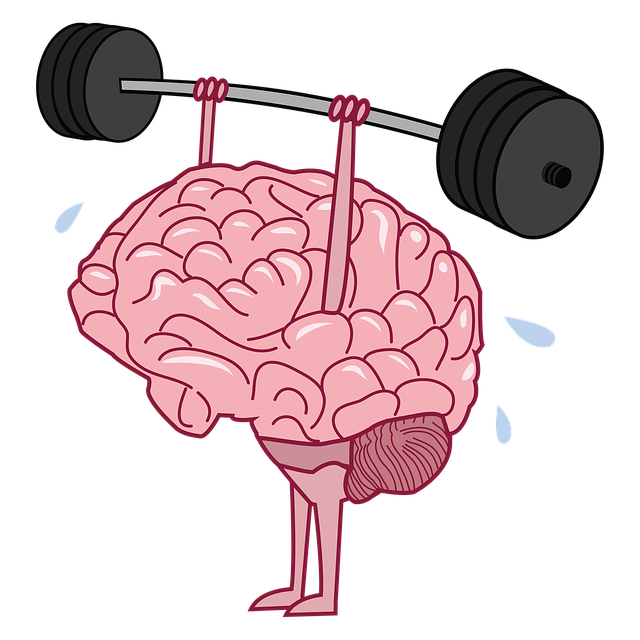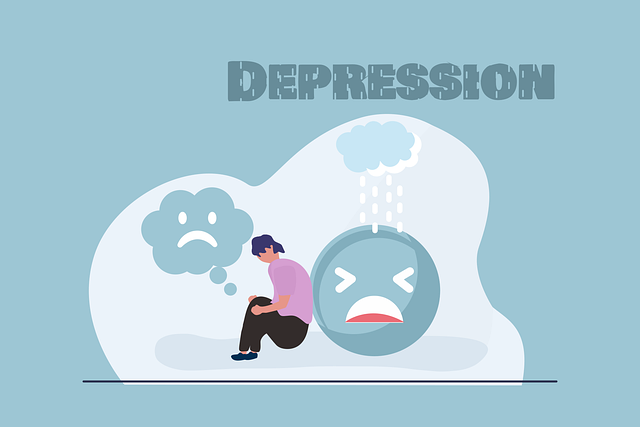The text highlights the detrimental impact of mental illness stigma, acting as a major hurdle to accessing essential support like Aurora Acceptance and Commitment Therapy (ACT). Stigma leads to social isolation, shame, and untreated mental health issues with far-reaching consequences. To combat this, it advocates for stigma reduction through education, awareness, and training. ACT, emphasizing acceptance and mindfulness, is an effective tool, helping individuals embrace their emotions, build self-compassion, and overcome stigma. Community-based strategies, including social skills training and trauma support, further enhance understanding, reduce internalized stigma, and foster supportive networks, contributing to a more accepting society for those with mental health challenges.
Mental illness stigma remains a significant barrier to seeking help, with profound effects on individual well-being. This article delves into the multifaceted issue of mental health stigma and its impact on those affected. We explore innovative solutions like Aurora Acceptance and Commitment Therapy (ACT), which offers a transformative approach to challenging stigma through acceptance and mindfulness. Additionally, we provide practical strategies for effective stigma reduction within community engagement, emphasizing inclusive practices for fostering understanding and support.
- Understanding Stigma and Its Impact on Mental Health
- Aurora Acceptance and Commitment Therapy: A Transformative Approach
- Strategies for Effective Stigma Reduction in Community Engagement
Understanding Stigma and Its Impact on Mental Health

Stigma surrounding mental illness is a significant barrier to seeking help and can have profound impacts on an individual’s well-being. It often manifests as negative attitudes, stereotypes, and discrimination, leading to social exclusion and a sense of shame for those affected. This perception can be deeply damaging, encouraging individuals to conceal their struggles and avoid necessary support, such as Aurora Acceptance and Commitment Therapy (ACT). The consequences are far-reaching; untreated mental health issues can escalate, affecting daily functioning, relationships, and overall quality of life.
Reducing stigma is crucial for creating an environment where people feel comfortable discussing their mental health openly. It involves challenging societal norms through education, raising awareness, and implementing effective strategies like Stress Reduction Methods, Mental Health Policy Analysis and Advocacy, as well as Healthcare Provider Cultural Competency Training. By fostering understanding and empathy, we can break down the walls of isolation, encouraging early intervention and better access to care for those facing mental health challenges.
Aurora Acceptance and Commitment Therapy: A Transformative Approach

Aurora Acceptance and Commitment Therapy (ACT) offers a promising approach to tackling mental illness stigma reduction efforts. This therapeutic method focuses on helping individuals accept their thoughts and emotions, rather than trying to suppress or avoid them, fostering a more compassionate relationship with oneself. By encouraging mindful living and committing to actions that align with personal values, ACT empowers clients to overcome barriers caused by stigma, leading to improved quality of life and greater well-being.
Integrating evidence-based techniques tailored for trauma support services, ACT enhances social skills training, enabling individuals to navigate interpersonal interactions more effectively. Through this transformative process, those affected by mental illness can regain a sense of control, build resilience, and connect with others in meaningful ways, thereby contributing significantly to stigma reduction within communities.
Strategies for Effective Stigma Reduction in Community Engagement

Stigma reduction efforts that engage communities are essential for fostering understanding and acceptance of mental illness. One effective strategy is Aurora Acceptance and Commitment Therapy (ACT), which focuses on improving self-esteem and promoting behavioral changes. By teaching individuals to accept their thoughts and emotions, ACT helps reduce the internalized stigma that often leads to shame and isolation. This therapy encourages living in the present moment and committing to actions aligned with personal values, fostering a more positive relationship with one’s mental health.
Community programs can also incorporate social skills training to enhance interactions between individuals with mental illness and their peers. These initiatives build support networks and challenge stereotypes by normalizing conversations about mental health. Furthermore, providing trauma support services within these community settings is vital, as many mental health challenges stem from traumatic experiences. Offering safe spaces for healing and sharing resources enables individuals to navigate their mental health journeys with dignity and reduced stigma.
Mental illness stigma reduction is a multifaceted approach that, when implemented effectively, can foster inclusive communities. By understanding the profound impact of stigma on mental health and employing innovative therapeutic methods like Aurora Acceptance and Commitment Therapy (AACT), we can create supportive environments. Integrating these strategies into community engagement ensures sustained progress in breaking down barriers and promoting positive mental health outcomes for all.














